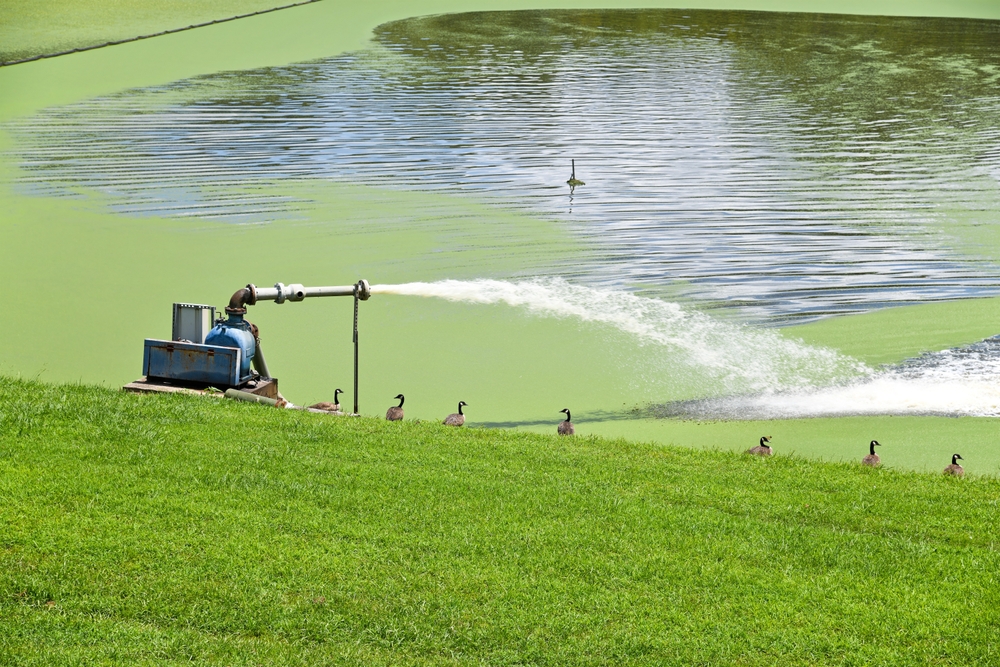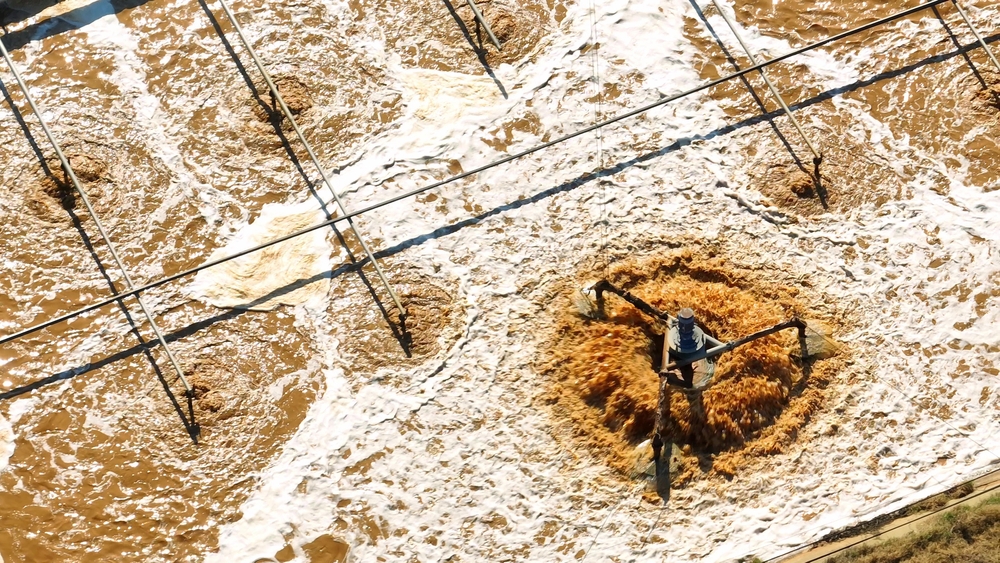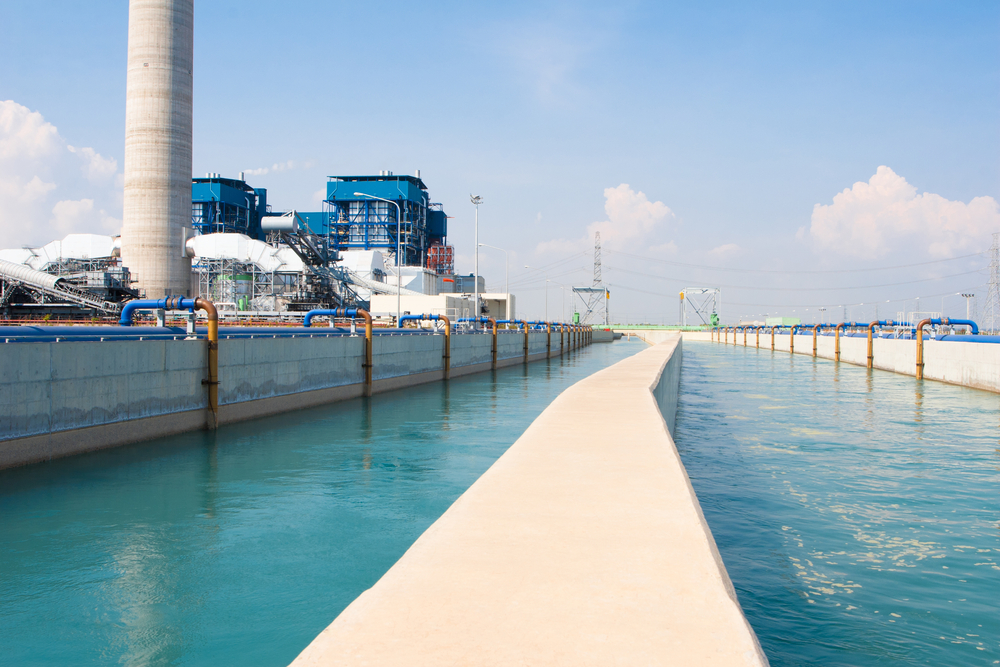

This course helps formulate a better understanding of how the marine environment can be protected. It imparts indispensable information about conservation strategies, sustainable management of resources and the legal instruments for reduction of marine pollution and protection of biodiversity in the maritime and oceanic spaces.
| City | Start Date | End Date | Fees | Register | Enquire | Download |
|---|---|---|---|---|---|---|
| Barcelona | 23-06-2025 | 27-06-2025 | 6200 $ | Register | Enquire | |
| Kuala Lumpur | 30-06-2025 | 04-07-2025 | 4950 $ | Register | Enquire | |
| Istanbul | 07-07-2025 | 11-07-2025 | 4950 $ | Register | Enquire | |
| Jakarta | 14-07-2025 | 18-07-2025 | 4950 $ | Register | Enquire | |
| Madrid | 21-07-2025 | 25-07-2025 | 6200 $ | Register | Enquire | |
| Dubai | 28-07-2025 | 01-08-2025 | 4300 $ | Register | Enquire | |
| Dubai | 04-08-2025 | 08-08-2025 | 4300 $ | Register | Enquire | |
| Madrid | 11-08-2025 | 15-08-2025 | 6200 $ | Register | Enquire | |
| Cape Town | 18-08-2025 | 22-08-2025 | 5600 $ | Register | Enquire | |
| Cairo | 01-09-2025 | 05-09-2025 | 3950 $ | Register | Enquire | |
| Istanbul | 08-09-2025 | 12-09-2025 | 4950 $ | Register | Enquire | |
| Milan | 15-09-2025 | 19-09-2025 | 6200 $ | Register | Enquire | |
| Amsterdam | 29-09-2025 | 03-10-2025 | 6200 $ | Register | Enquire | |
| Kuala Lumpur | 06-10-2025 | 10-10-2025 | 4950 $ | Register | Enquire | |
| Amsterdam | 13-10-2025 | 17-10-2025 | 6200 $ | Register | Enquire | |
| Istanbul | 27-10-2025 | 31-10-2025 | 4950 $ | Register | Enquire | |
| Paris | 03-11-2025 | 07-11-2025 | 6200 $ | Register | Enquire | |
| Istanbul | 10-11-2025 | 14-11-2025 | 4950 $ | Register | Enquire | |
| Cairo | 17-11-2025 | 21-11-2025 | 3950 $ | Register | Enquire | |
| London | 24-11-2025 | 28-11-2025 | 6200 $ | Register | Enquire | |
| Casablanca | 01-12-2025 | 05-12-2025 | 4950 $ | Register | Enquire | |
| Amsterdam | 08-12-2025 | 12-12-2025 | 6200 $ | Register | Enquire | |
| Manama | 15-12-2025 | 19-12-2025 | 4400 $ | Register | Enquire | |
| Dubai | 22-12-2025 | 26-12-2025 | 4300 $ | Register | Enquire |
Participants will gain the necessary understanding and skills to protect and conserve marine ecosystems. The Marine Environment Protection course covers fundamental concepts and techniques for addressing threats to vital ecosystems, emphasizing the importance of marine education for the health of our planet.
Protecting the marine environment involves not only responding to current threats but also implementing precautionary measures to prevent future threats. Participants will study methods and technologies that help preserve marine biodiversity, with a focus on ensuring sustainable marine resource management. They will also explore the growing global movement that emphasizes pre-emptive strategies to address foreseeable threats to marine environments.
At the end of this Marine Environment Protection training course, participants will:
Unit 1: Introduction to Marine Conservation
Unit 2: Marine Pollution Prevention and Management
Unit 3: Sustainable Marine Resource Management
Unit 4: Ecosystem Restoration and Conservation
Unit 5: Engagement and Involvement in Marine Conservation Projects



















